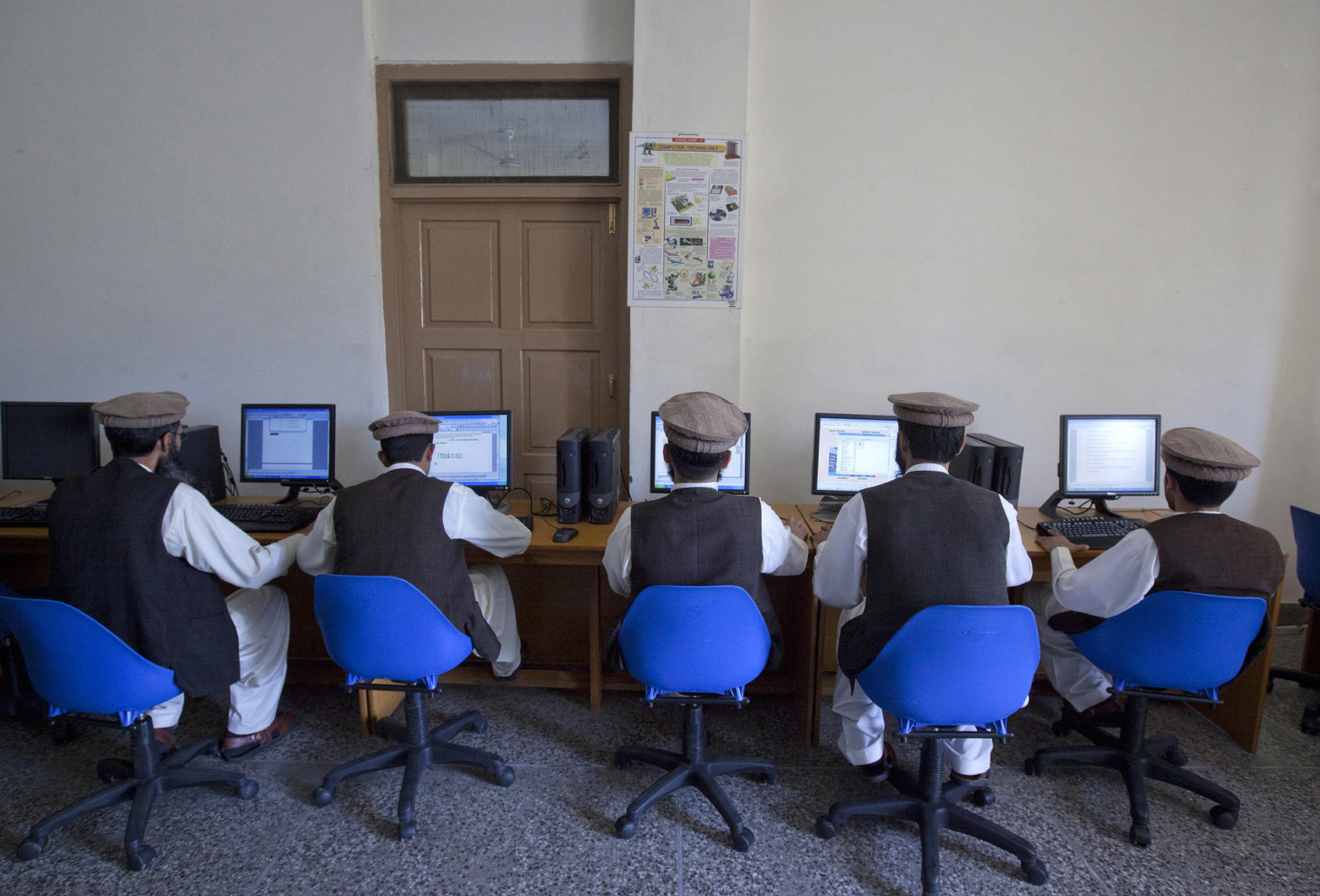Understanding Pakistan’s Deradicalization Programming
Pakistan has struggled with Islamic militancy since the rise of the mujahideen in the 1980s. In the late 2000s, the Pakistan Army began establishing rehabilitation centers in the Swat Valley in an effort to deradicalize former Taliban fighters and other militants and reintegrate them into their communities. This report contrasts Pakistan’s deradicalization approach with the community-based program used in Denmark and the widely different prison-based program used in Saudi Arabia, and identifies areas in which the army’s approach could benefit from more extensive partnering with civilian-based organizations.

- Based on the evidence, the success of deradicalization and rehabilitation programs depends on the voluntary participation of individuals and the early identification of the primary and secondary factors that contributed to their participation in militancy.
- Worldwide, most programs focus on young men who show sympathy or peripheral support for militant groups, as they are considered to be at a phase where ideological refutation and disengagement is possible.
- Pakistan’s program has borrowed heavily from Saudi Arabia’s deradicalization model, but has also strived to adopt a more comprehensive approach toward understanding the root causes of radicalization.
- The Pakistan Army leads most deradicalization programming efforts in the country. The process of deradicalization and reintegration is costly and intensive, and the military’s intelligence and investigation abilities exceed those of other potential actors in this space.
- Civil society organizations (CSOs) in Pakistan can and should be most active in the reintegration phase. Besides working with individuals, CSOs are integral in building resilience and trust in a wider community and ensuring a preventive approach toward further radicalization.
- Given the number of potential red flags pertaining to human rights violations, any deradicalization project should follow the best practices of an established international body to ensure transparency and coordination.
About the Report
Based on fieldwork conducted in Pakistan, this report explores the Pakistan Army’s approach to deradicalization programming. The research discusses lessons learned from Pakistan’s experience with deradicalization programming and formulates a set of recommendations based on international best practices. The research was supported by a grant from the Asia Center at the United States Institute of Peace.
About the Author
Arsla Jawaid is a research fellow at Concord Consulting, where she specializes in understanding militancy and violent extremism. She previously served as a senior political officer on counter extremism for the British High Commission Islamabad. She has also consulted for USIP on youth radicalization in Pakistan and has worked with the UN Counter-Terrorism Committee Executive Directorate and the International Peace Institute on issues of prevention, militancy, and international security.



